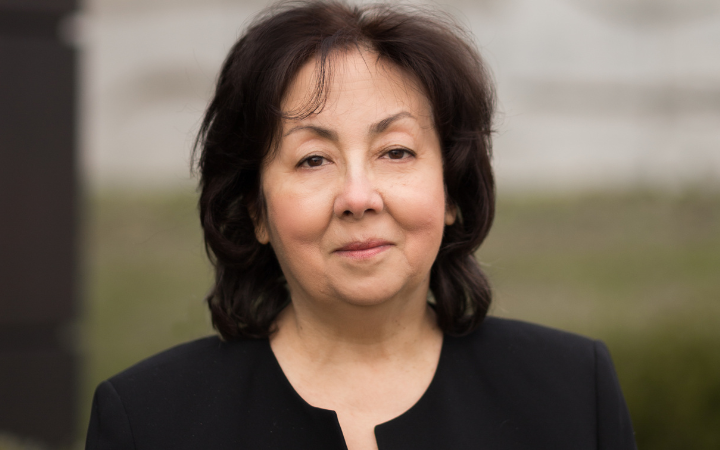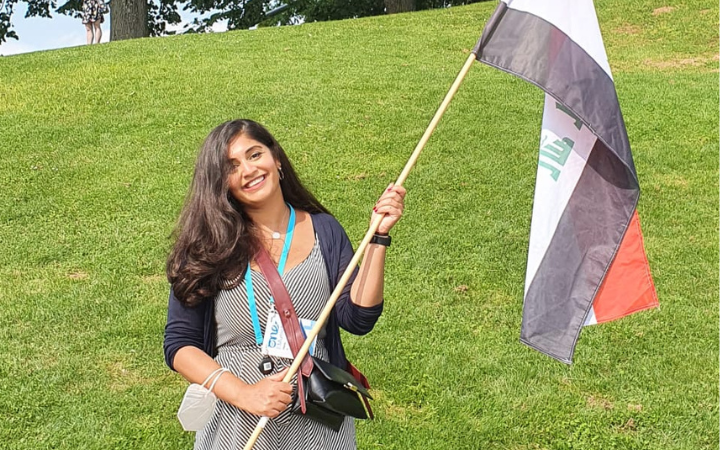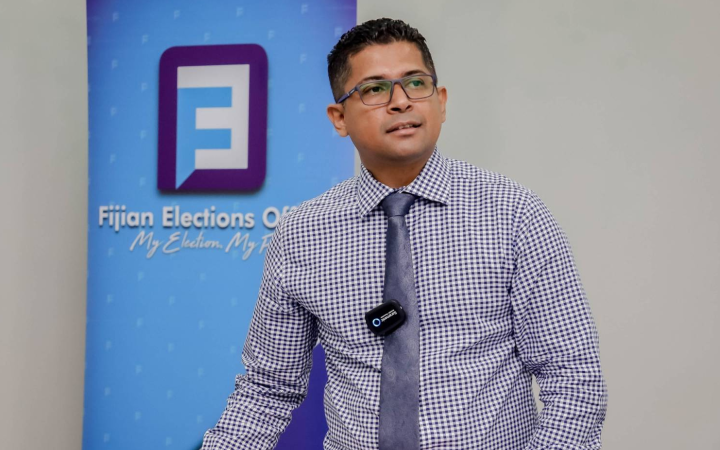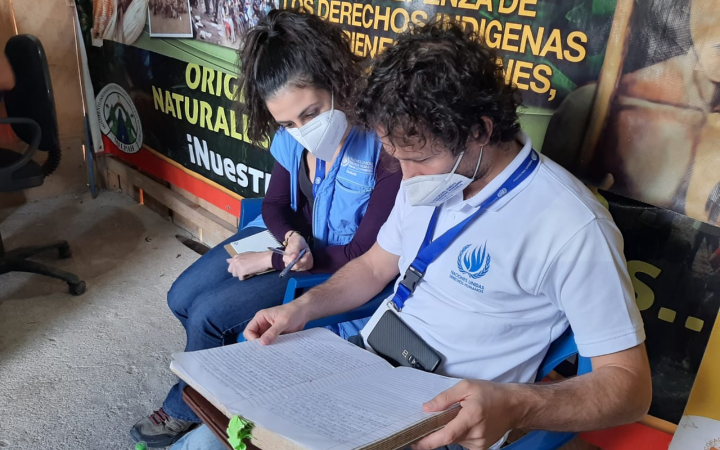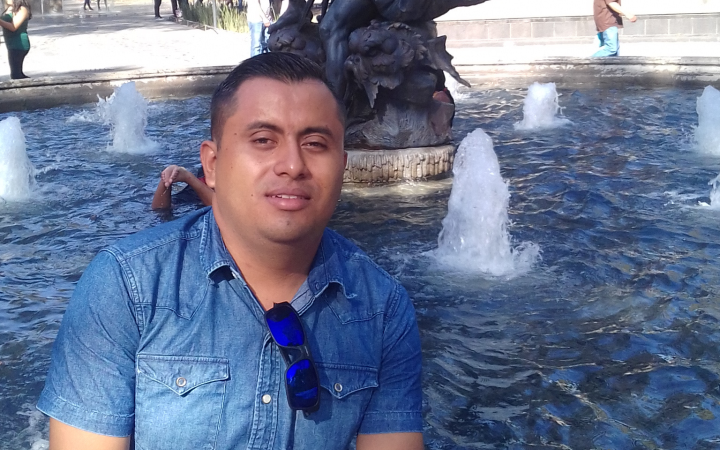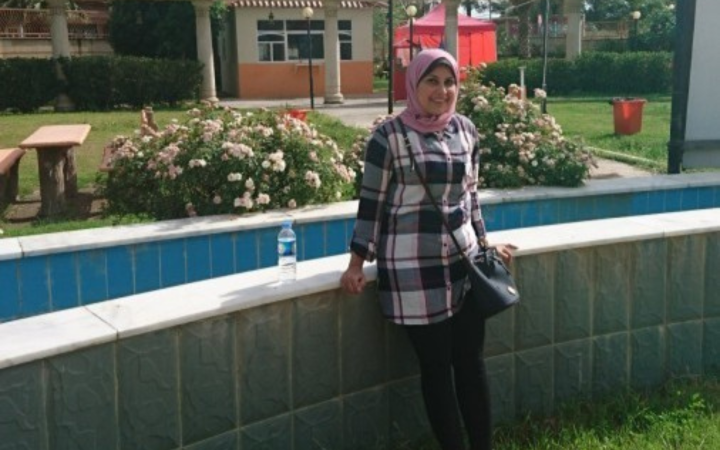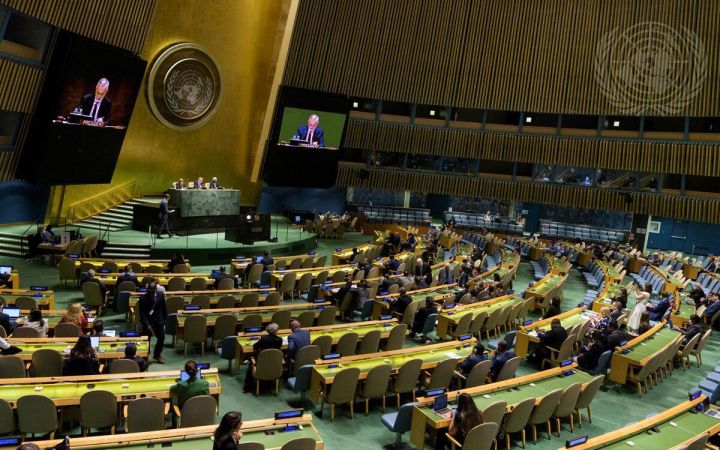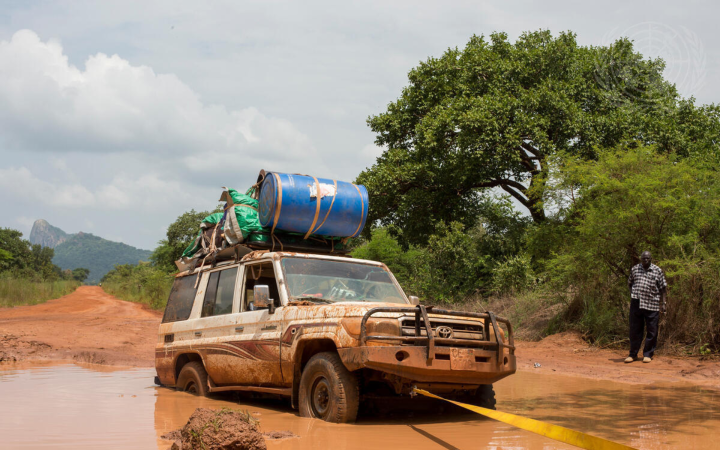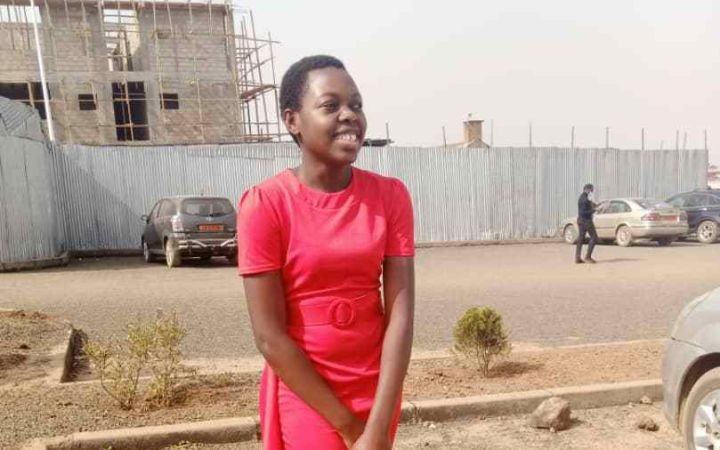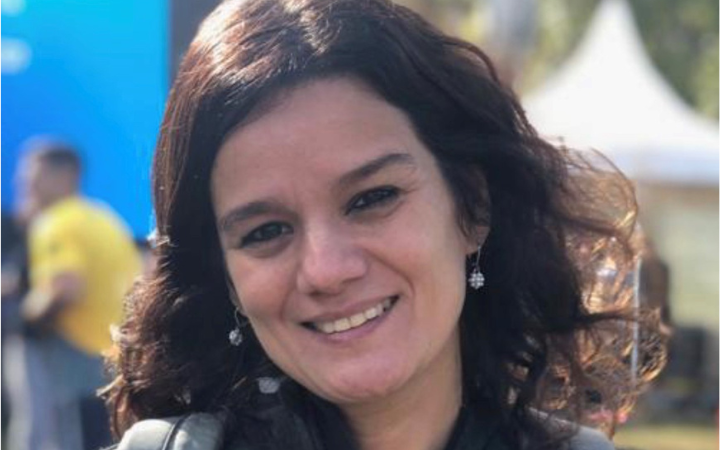Displaying 151 - 160 of 286
"UNITAR’s programme, on the other hand, welcomes professionals that do not necessarily have a traditional career in diplomacy but want to develop their knowledge and gain skills. Doctors, journalists, activities, artists, educators like myself, students, mid-career professionals… all have a chance to learn and contribute to the world of diplomacy."
"Not only it was helpful because I learned the theory, but every time I had to do an assignment, I was doing it for my company. So, I would build a business model for the assignment knowing that I would use it and apply it in my company and also would benefit from the revisions and feedback.”
I was thrilled to be able to write about the things that I practiced on a day-to-day basis and freely discuss the theoretical aspects without any restraints, a freedom that only academia provides us.”
"When working on human rights issues it is often not easy to find mutually beneficial solutions, especially when violators may be sitting at the negotiation table. However, the ability to carry out an interest-based approach allows me to analyze situations more comprehensively and to come up with options that were not being initially considered."
"It seems simple, just entering some data and calculating it, but we had to look into other aspects that play an important role in mercury emission. For instance, for some of these categories, we had to go through data on mercury importation from the last 3 years. We also had to work closely with other ministries to get an accurate assessment of these importations."
“Through the discussion platform, I have got to connect with policymakers, researchers and professionals working on the agriculture sector in different countries within the MENA region.”
October 2022, Hiroshima, Japan – Andaru Dhaniswara is First Secretary at the Directorate for International Security and Disarmament, Ministry of Foreign Affairs of Indonesia. In early 2022, he participated in the UNITAR Hiroshima Training Programme on Nuclear Disarmament and Non-Proliferation. Andaru found the programme incredibly rewarding. Not only was the technical content relevant to his work; he feels empowered to engage in international negotiations towards nuclear non-proliferation.
"With these products, OCHA will be able to make a comparative analysis with previous years. So, if South Sudan experience floods next year, we can look back on those and see what areas were frequently affected by floods in the past and make predictions, which will help us be better prepared to respond instead of waiting until the disaster happens to make some decisions.”
October 2022, Hiroshima, Japan – What happens when disasters strike amid conflict? “No one anticipates or wishes for a war or an epidemic but having a prepared [disaster risk reduction] mindset, will considerably reduce the risk of a disaster,” says Marie-Claire Tohnain, who is studying to be a medical doctor in Cameroon.
“I had a series of ‘awakenings’ throughout my life”, reveals Bárbara A. Smith straightaway. One of the most impactful was when she scuba dived for the very first time. “When we submerged, I discovered a myriad of colours in the corals, an unbelievable variety of fishes, sea turtles, and immense peace. It was as if I found ‘another world within ours’. I cannot put in words what it feels like to discover such an environment for the very first time, but I believe it must be a very similar experience to being in outer space.”


